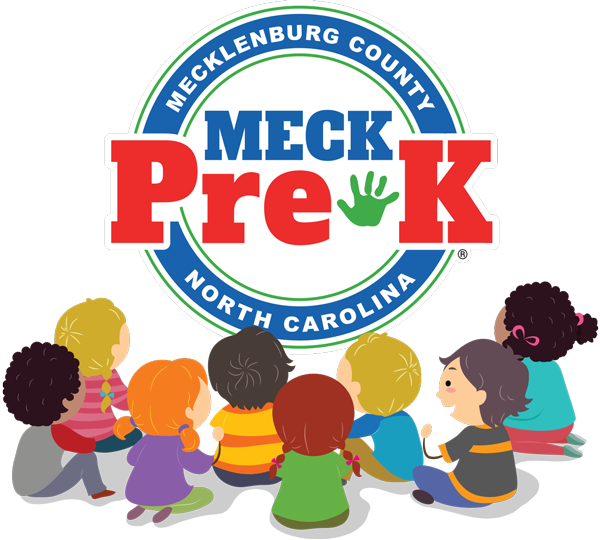How Long Is Pre-K?
Are you getting ready to enroll your child in pre-K? If so, you probably have some questions about your child’s age, program duration, and scheduling considerations. Here’s what you need to know before enrollment.
Child’s Age
The age of attendance varies by state and program type. In fact, some states like North Carolina do not require children to attend pre-K or kindergarten, regardless of their age or the popularity of such programs.
The age of enrollment for pre-K and kindergarten programs also varies by state. For example, in North Carolina, children must be four years old by August 31 of the school year to enroll in public pre-K . Search your state website to verify age and education requirements.
Program Duration
How long does pre-K last? Just like enrollment age, program duration also varies. For example, North Carolina offers pre-K programs to four-year-olds and kindergarten to five-year-olds. Pre-K and kindergarten are also optional depending on state laws, which gives parents enrollment flexibility. In other words, some children may spend three years in pre-K and kindergarten while others skip both programs.
Children in North Carolina can expect to spend one year in pre-K and another in kindergarten. If you’ve searched, “How many years of preschool before kindergarten?” you know that the answer also varies by state.
Typical Day
Now that you’ve established the enrollment age and program duration, it’s time to determine a typical day. Every school is different, so check their websites for classroom hours and weekly schedules. In Mecklenburg County, North Carolina, an average day at MECK Pre-K is 6.5 hours long and includes a range of activities. Some sites also offer before- and after-school care and transportation options. Be sure to check our site location page for more information.
Other Considerations
In most cases, preparing your child for pre-K involves more than program enrollment. Here are a few social considerations to keep in mind before registering.
- Potty Training. Can your child go to the bathroom on their own? If not, it might be time to practice independent bathroom habits. Parents should allow enough time for kids to potty train at home without pressure. If you haven’t started already, now’s your chance to kick diapers to the curb.
- Listening Skills. Pre-K is a welcoming environment with friendly teaching staff. Even so, perfecting listening skills at home will help your child follow directions in pre-K. In addition, start building good habits by asking them to help put their toys away or clear their plate. What’s more, encouraging your kids at home inspires self-confidence.
- Self-Care. When it comes to kids, self-care can be relatively easy. Can they button their jacket or Velcro their shoes? What about washing their hands without anyone’s help? Encourage your child to develop these skills with positive reinforcement. Practicing these daily activities makes all the difference in a group setting.
Final Thoughts
Enrolling your child in pre-K requires a bit of background information. After determining the age of attendance, program duration, and typical day, you’ll be well on your way to their first school experience.
Have any questions for us? If so, we’d love to help. Check out our FAQs for more information or apply today. We wish you and your child all the best and hope to see you at MECK Pre-K!

